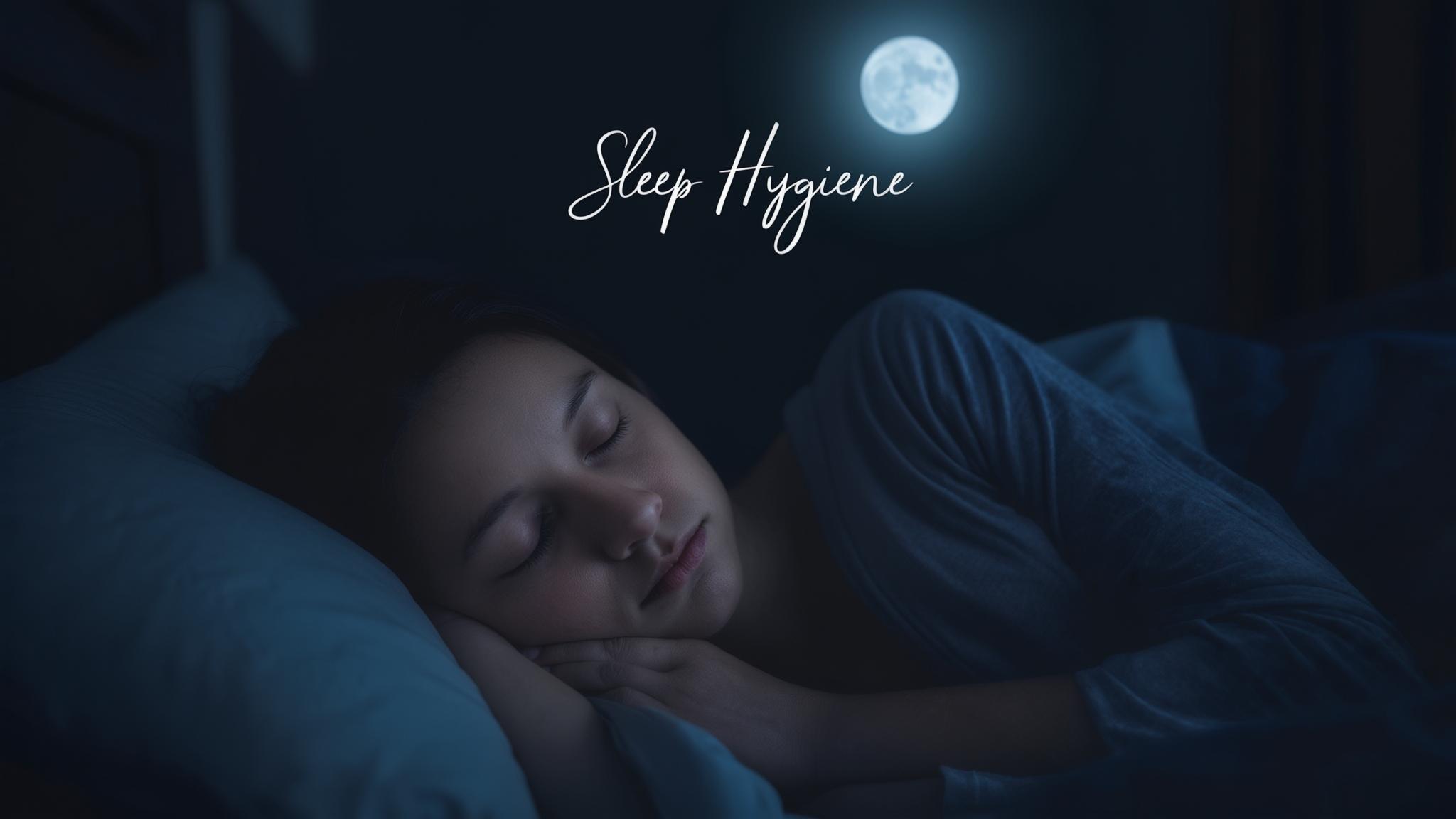Individual Therapy: Sleep Hygiene - How Better Sleep Can Improve Mental Health
I. Introduction
A. Definition of Sleep Hygiene
Sleep hygiene refers to a set of practices that are conducive to sleeping well on a regular basis. These practices are critical for ensuring consistent, restorative sleep and include various lifestyle and environmental factors. Understanding sleep hygiene is essential, as the quality and quantity of sleep have profound links to our mental health, impacting emotional and cognitive functioning.
B. Purpose of the Article
This article aims to explore how enhanced sleep hygiene can improve mental health outcomes. Additionally, it will offer practical strategies for individuals seeking to develop healthier sleep habits.
II. The Connection Between Sleep and Mental Health
A. Overview of Mental Health Disorders Linked to Sleep
The link between sleep and mental health is well-established. Here are some key disorders:
- Anxiety Disorders: Individuals with anxiety often experience sleep disturbances, leading to a cyclical effect that exacerbates both issues.
- Depression: Poor sleep can contribute to the onset and maintenance of depressive symptoms.
- Bipolar Disorder: Sleep disturbances are common in those with bipolar disorder and can precipitate manic or depressive episodes.
- PTSD: Individuals suffering from PTSD often report sleep issues, including nightmares, which can impede their recovery.
B. The Science Behind Sleep and Mental Health
Research showcases several ways that sleep impacts mental health:
- Role of Sleep in Emotional Regulation: Sufficient sleep enables better regulation of emotions, improving resilience to stress.
- Impact of Sleep Deprivation on Cognitive Function: Lack of sleep diminishes cognitive abilities, leading to impaired decision-making and increased irritability.
- Neurotransmitters and Their Relationship to Sleep and Mood: Sleep plays a crucial role in neurotransmitter balance, such as serotonin—a vital chemical linked to mood stabilization.
III. Understanding Sleep Hygiene
A. Definition and Components of Sleep Hygiene
Sleep hygiene consists of behaviors and practices that promote quality sleep. Major components include:
- Sleep Environment: A dark, quiet, and cool room promotes better sleep.
- Sleep Schedule Consistency: Going to bed and waking up at the same time every day helps regulate the body’s internal clock.
- Pre-Sleep Routines: Engaging in relaxation techniques—such as reading or deep-breathing exercises—signals to the body that it’s time to sleep.
B. Common Sleep Hygiene Practices
- Limiting Screen Time Before Bed: The blue light emitted by screens can disrupt melatonin production, hindering sleep.
- Avoiding Caffeine and Heavy Meals in the Evening: Consuming stimulants close to bedtime can prevent falling asleep and reduce sleep quality.
- Engaging in Regular Physical Activity: Regular exercise promotes better sleep quality, though it's best to avoid vigorous workouts close to bedtime.
IV. Individual Therapy and Sleep Hygiene
A. Role of Individual Therapy in Addressing Sleep Issues
Therapy can help identify psychological factors affecting sleep. For example:
- Identifying Underlying Psychological Issues: Discussing anxiety or depression in therapy may reveal connections to sleep difficulties.
- Cognitive Behavioral Therapy for Insomnia (CBT-I): This specialized therapy focuses on changing sleep habits and misconceptions about sleep that contribute to insomnia.
B. Therapeutic Techniques to Improve Sleep Hygiene
- Mindfulness and Relaxation Strategies: Techniques like meditation can reduce pre-sleep anxiety and promote relaxation.
- Cognitive Restructuring: This involves challenging and changing negative thoughts surrounding sleep to reduce anxiety about not sleeping.
- Behavioral Interventions: Establishing a consistent sleep routine may involve practical steps, like setting aside technology an hour before bed.
V. Practical Strategies for Improving Sleep Hygiene
A. Creating a Sleep-Conducive Environment
- Optimizing the Bedroom: Consider blackout curtains, earplugs, or a white noise machine to create an ideal sleeping space.
- Comfort Matters: Invest in a high-quality mattress and supportive pillows to enhance sleep comfort.
B. Establishing a Consistent Sleep Schedule
- Regular Sleep-Wake Times: Try to sleep and wake at the same times daily to reinforce your body's natural rhythms.
- Adjusting Sleep Patterns: Gradually shift bedtime if needed (15-30 minutes earlier or later) instead of making drastic changes.
C. Pre-Sleep Rituals
- Winding Down: Engage in relaxing activities—dim the lights and turn off electronics—to prepare your body for sleep.
- Suggested Activities: Activities like reading, meditation, or gentle yoga can promote relaxation before bedtime.
VI. Addressing Common Sleep Challenges
A. Insomnia and Sleep Disorders
- Overview of Insomnia: Insomnia not only affects sleep duration but can also negatively impact mood and daily functioning.
- When to Seek Professional Help: If sleep disorders persist despite self-intervention, consulting a healthcare provider is critical.
B. Anxiety and Racing Thoughts
- Techniques to Calm the Mind: Breathing exercises or guided imagery can help ease anxiety before bedtime.
- Journaling: Writing down thoughts can free the mind from racing thoughts and facilitate a more peaceful mindset before sleep.
C. Sleep and Lifestyle Factors
- Impact of Diet, Exercise, and Stress: A balanced lifestyle with proper nutrition and stress management is crucial for optimal sleep quality.
- Balanced Lifestyle Importance: Holistic well-being encompasses both physical and mental health, leading to improved sleep.
VII. Conclusion
A. Recap of the Importance of Sleep Hygiene for Mental Health
Sleep hygiene is a pivotal component of mental health, and addressing it can yield significant benefits.
B. Encouragement to Implement Sleep Hygiene Practices
Simple changes can lead to major improvements; starting small and gradually building habits can lead to sustainable change.
C. Final Thoughts on the Role of Individual Therapy in Enhancing Sleep Quality
Therapeutic support can provide personalized strategies tailored to the individual needs, facilitating better sleep and improved mental health overall.
VIII. References
- American Psychological Association. (2020). The relationship between sleep and mental health.
- Harvard Medical School. (2020). Sleep and mental health.
- National Sleep Foundation. (2021). Sleep hygiene tips.
- Journal of Clinical Sleep Medicine. (2021). Effects of CBT-I on sleep quality in individuals with mental health disorders.
By taking small steps to improve sleep hygiene and understanding its relationship with mental health, individuals can work towards a better quality of life.

